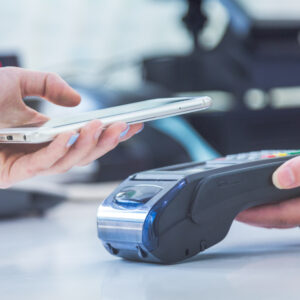As online business transactions continue to grow, so does the rise of fraudulent invoicing scams. According to a report by the Better Business Bureau, invoice scams are one of the top types of fraud affecting small businesses, with losses ranging from a few hundred dollars to millions.
Fraudulent invoicing scams often involve fake invoices or requests for payment from a supplier, vendor, or service provider that the business never contracted with. These scams can be difficult to spot, but there are ways to protect your business from falling victim.
- Check the email sender’s address and content. Scammers often impersonate legitimate vendors or suppliers, but their email addresses may contain subtle differences or be from a different domain altogether. The content of the email may also contain typos, grammatical errors, or unusual requests.
- Verify the invoice or request for payment. Before making any payments, call the vendor or supplier to confirm the invoice or request for payment. Use the contact information listed on your records, not the one provided in the suspicious email.
- Implement strong internal controls. Limit the number of people who have access to company financial information and require approval from multiple parties for any large payments. Set up a system for regularly reviewing invoices and financial records.
- Educate your employees. Provide training on how to identify and report suspicious emails or requests for payment. Encourage them to confirm any unusual requests with management or IT.
- Use secure payment processing methods. Consider using a secure payment processing platform that offers fraud protection and verification services. Look for a platform that uses encryption and two-factor authentication to protect sensitive financial information.
By taking proactive steps to protect against fraudulent invoicing scams, you can avoid costly losses and protect your business’s financial health. Remember, it’s better to be cautious than to risk falling victim to a scam.







